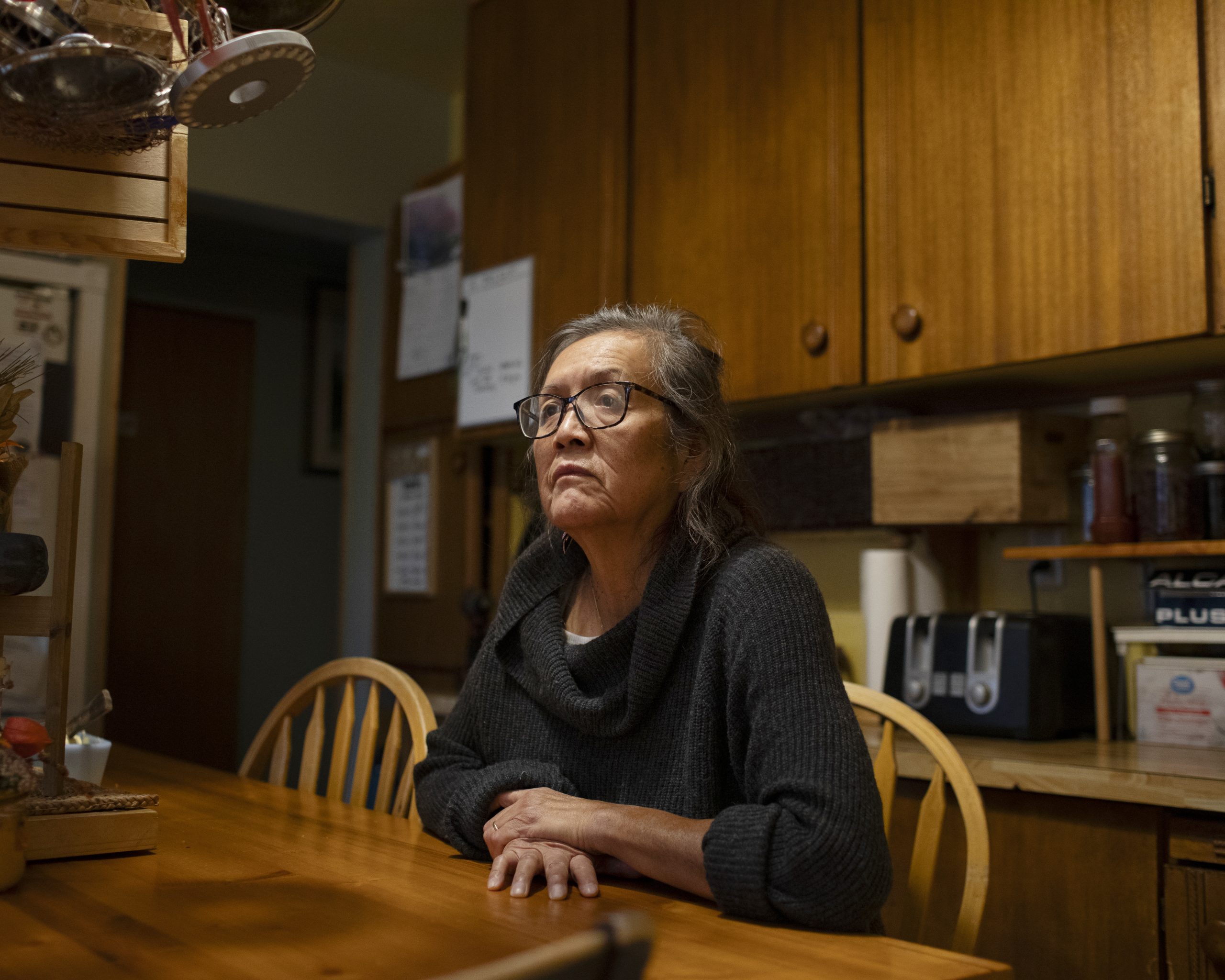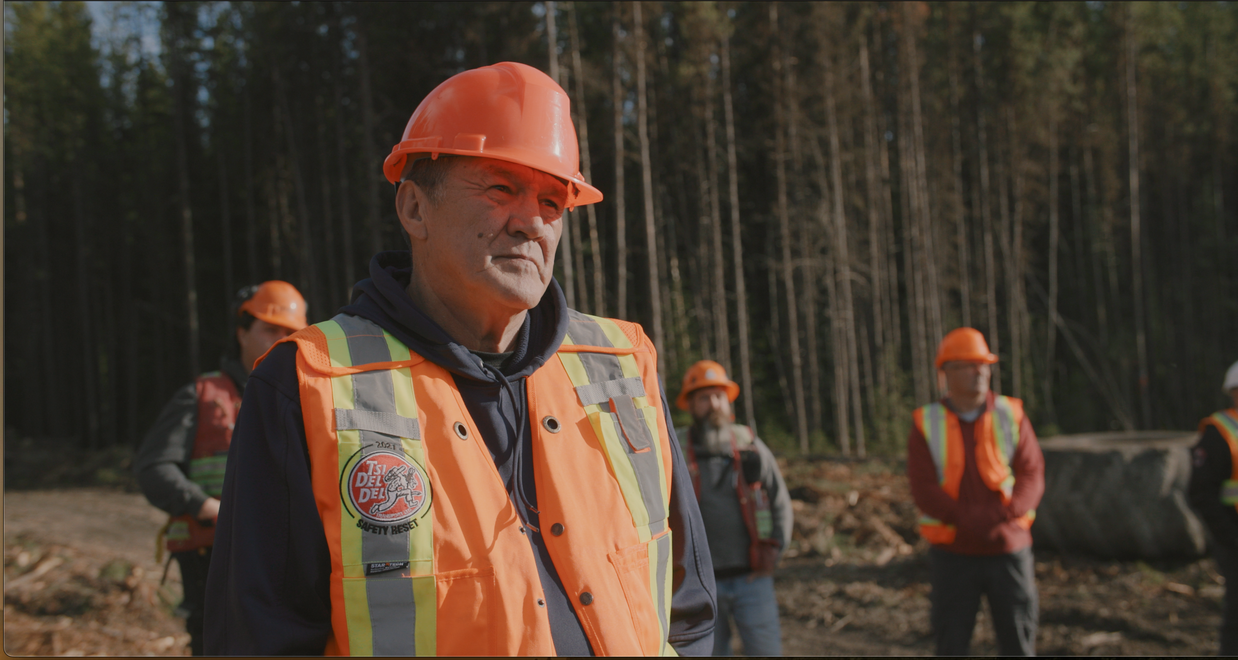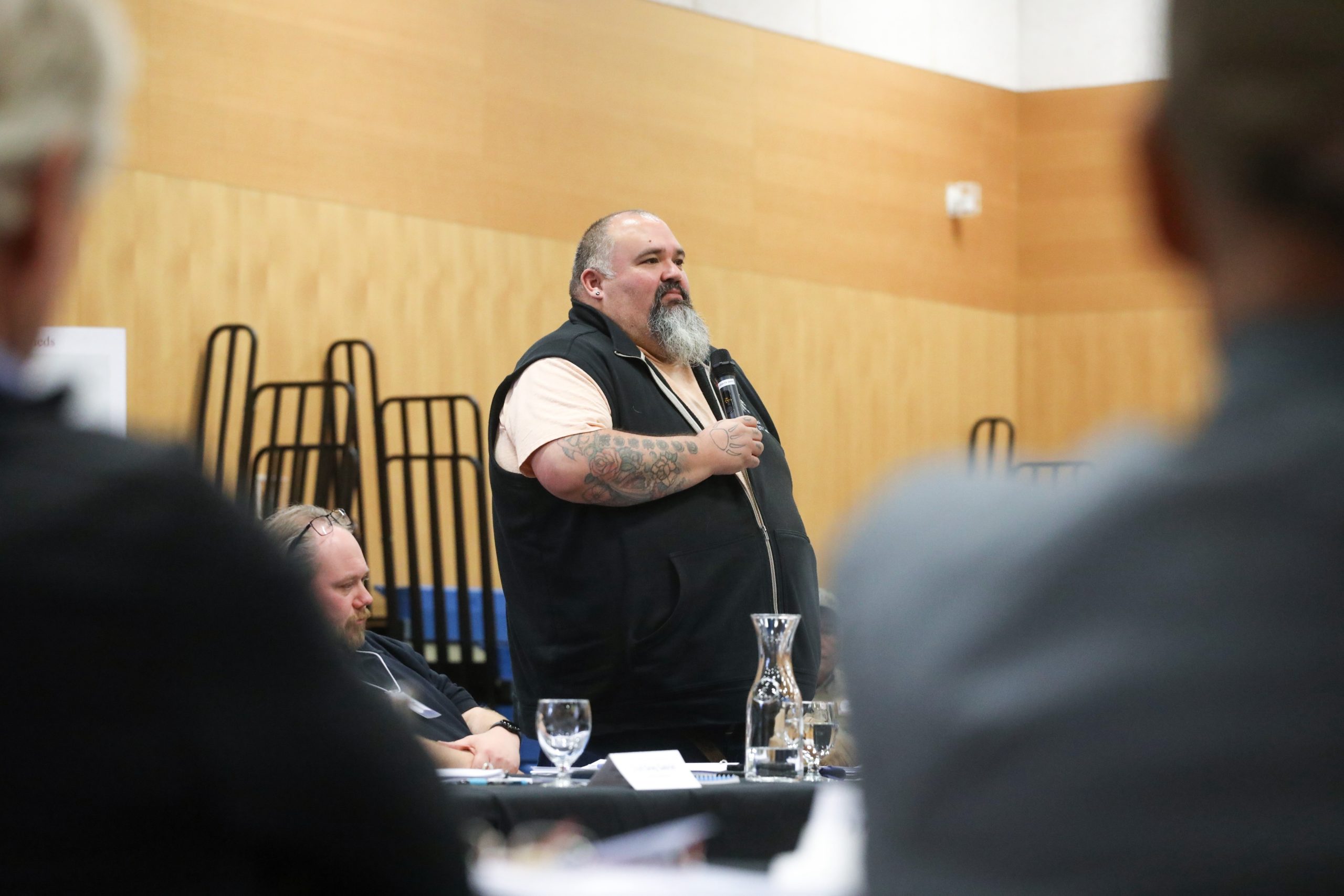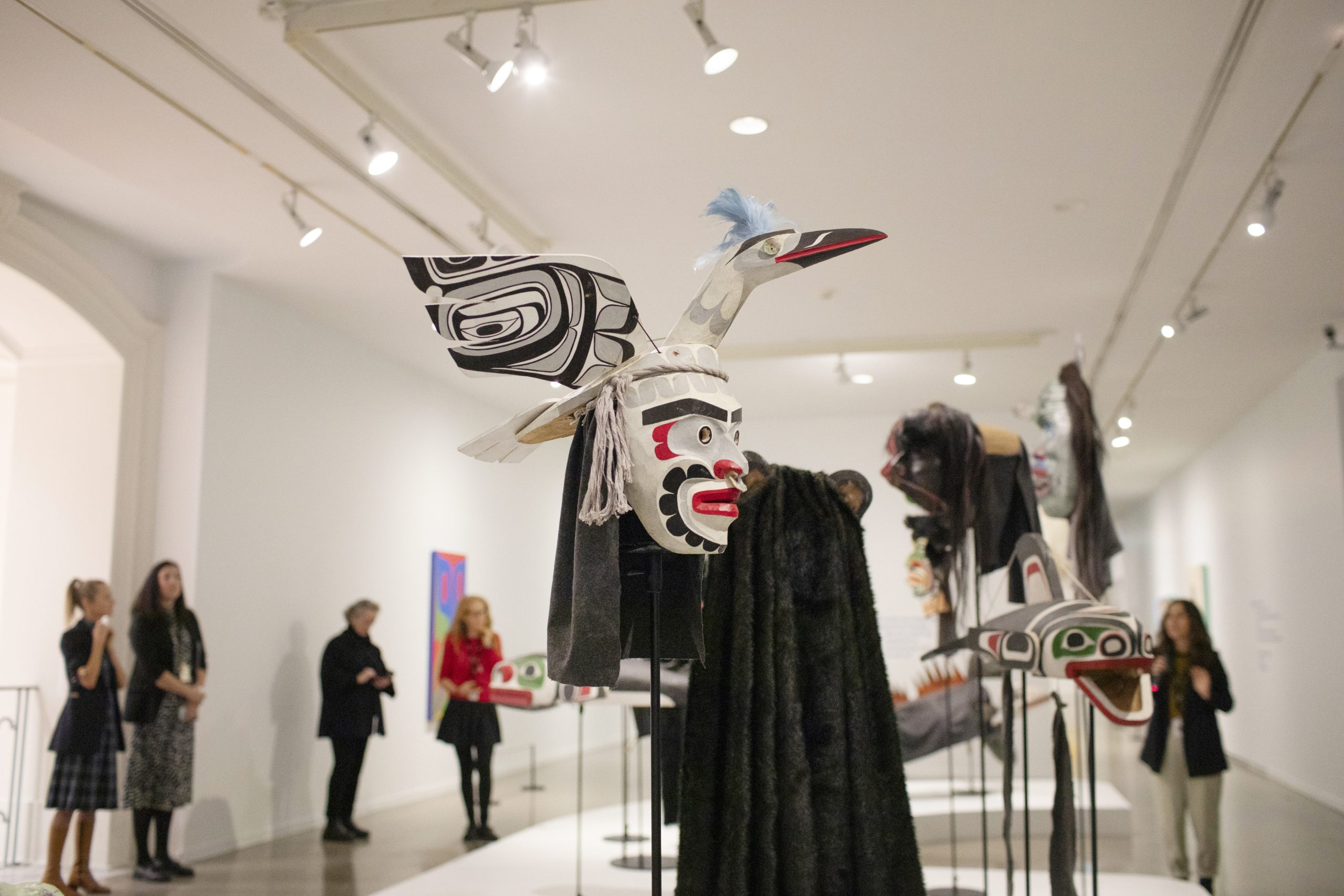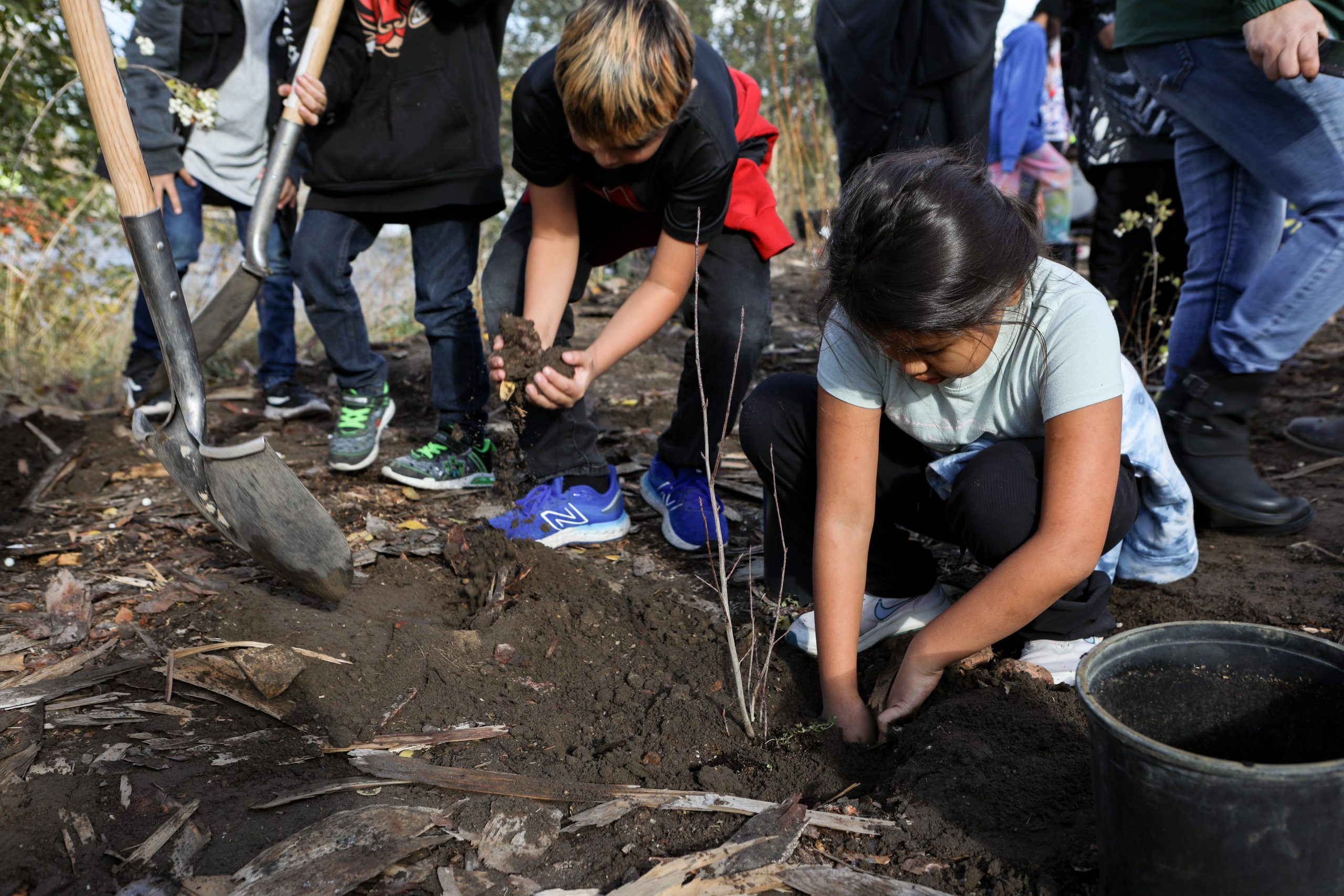Why all eyes should be on the Supreme Court of Canada: Families await key child welfare decision
A pending appeal ruling on the constitutionality of Bill C-92 could impact Indigenous children, youth and families across the country
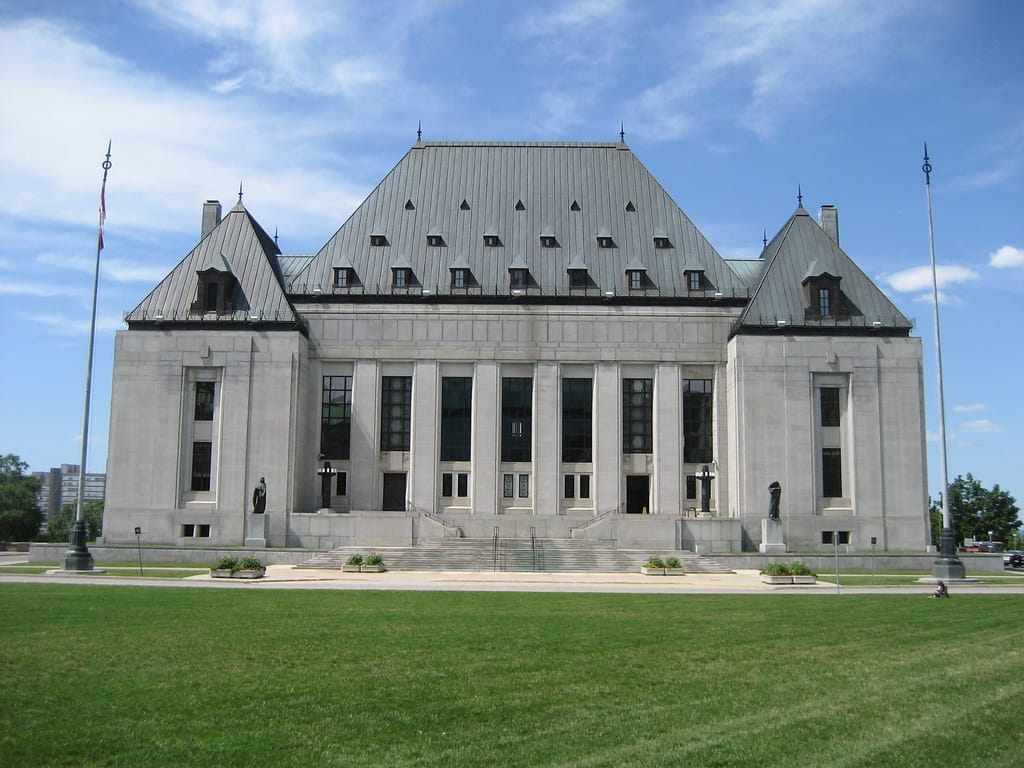

Indigenous people across the country are keeping a close eye on a pending top court decision which could have far-reaching impacts on First Nations, Métis and Inuit sovereignty over their own child welfare laws.
At the beginning of December 2022, the Supreme Court of Canada heard an appeal involving the province of “Quebec,” which has been challenging the constitutionality of the federal Bill C-92.
The bill opens a door for Indigenous nations to develop their own child welfare laws and policies, an area that’s typically broadly governed by the provinces. “Quebec” is arguing that the federal government overstepped its jurisdiction by allowing Indigenous laws to override existing provincial legislation.
The case was escalated by the federal government after the Quebec Court of Appeal ruled in February 2022 that two sections of the act are not constitutional.
Kate Gunn, a partner at First Peoples Law and an adjunct professor in the University of British Columbia’s Faculty of Law, says that this decision is important because it will further define Indigenous Peoples’ inherent law-making authority over child and family services.
“There are very important aspects to this case around how constitutionally-protected rights for Indigenous people are defined,” she says.
Gunn says that if the Supreme Court of Canada were to agree with the arguments brought forward by “Quebec,” it would have serious negative impacts on Indigenous Peoples across “Canada.” However, if the court rules against the province, it could positively impact how Indigenous laws are respected in future cases.
“The decision will clarify whether and how the court will recognize and protect Indigenous Peoples’ ability to regulate child and family services based on their own laws and cultures,” Gunn wrote in an article before the hearings took place.
Standing together
In 2016, a the Canadian Human Rights Tribunal ruled that the federal government was discriminating against Indigenous children and families living on reserve by underfunding child welfare agencies.
Bill C-92, which came into effect in January 2020, was created in response to the overrepresentation of Indigenous children and youth involved in “Canada’s” child welfare system. According to the latest census data, 53.8 per cent of all children in foster care are Indigenous, yet they make up only 7.7 per cent of the total child population.
Cindy Blackstock of the First Nations Child & Family Caring Society has previously pointed out that there are three times as many Indigenous children in government “care” today than there were at the height of residential “schools.”
Bill C-92 was co-developed with Indigenous Peoples to affirm the rights of First Nations, Inuit and Métis peoples to exercise jurisdiction over child and family services.
According to Indigenous Services Canada, 37 nations have since given notice to the federal government that they intend to exercise their inherent authority over their own children and families. Another 27 nations have requested for a co-ordination agreement with both federal and provincial governments to recreate child welfare laws.
In “British Columbia,” the province is introducing revised legislation that gives increased power to Indigenous communities when it comes to their own child welfare.
‘We continue to ask for this recognition’
While “Quebec’s” fight against Bill C-92 was advanced to the country’s top court, the Assembly of First Nations (AFN) released a statement that says it stands with First Nations in “Quebec” — and all First Nations which exercise their inherent jurisdiction over child and family law.
The AFN, along with the Caring Society and the Federation of Sovereign Indigenous Nations (FSIN), are acting as interveners in the case.
“Advancing First Nations priorities requires recognizing First Nations law-making powers, AFN Quebec-Labrador Regional Chief Ghislain Picard said in a Dec. 5 statement. “We continue to ask for this recognition and for sovereignty in our nations.”
“This precedent will impact treaty and inherent rights and whether the court will recognize our right to raise our children surrounded by their language, culture, history and land,” added FNIS First Vice-Chief David Pratt.
The Supreme Court’s decision in the case is expected to come down in 2023.
EDITOR’S NOTE: This is a corrected story. A previous version incorrectly stated that the Canadian Human Rights Tribunal ruled in 2016 that both the federal government and provinces were discriminating against children on-reserve. In fact the ruling was solely directed at the federal government. We apologize for the error.
Author
Latest Stories
-
‘Bring her home’: How Buffalo Woman was identified as Ashlee Shingoose
The Anishininew mother as been missing since 2022 — now, her family is one step closer to bringing her home as the Province of Manitoba vows to search for her
-
After Indigenous teen’s stabbing, his family says the system failed to stop his bullying
Foster parents in ‘Courtenay, B.C.’ speak out after a string of alleged incidents targeting them and their 16-year-old foster son, as they wait for trial
-
‘We all share the same goals’: Tŝilhqot’in and syilx foresters learn from each other
Nk’Mip Forestry and Central Chilcotin Rehabilitation visit their respective territories, sharing knowledge and best practices



